We could argue all day about how the concept of virginity is scientifically inaccurate and a tool for policing sexual behaviour, but that’s not enough. The concept of virginity and hymens still affects the safety of young women.
Mothers still prevent their daughters from using tampons and menstrual cups out of a fear of “pre-marital” penetration. So when we encounter women online who are open to exploring play with sex toys but are afraid or ashamed of using penetrative toys, it’s understandable.

Logic is great when battling social conditioning, but it doesn’t always get the job done.
Here is what you need to know about hymens, penetrative toys and penetrative play as you navigate your own internal battles against the idea of ‘virginity’.
-
Hymens come in many forms
The Typical Hymen
The hymen is a doughnut-shaped membrane and has an opening in the middle. Menstrual blood passes through that opening and it can take some amount of penetration such as tampons, fingers or sexual play. Some hymens may rupture a bit from using tampons, or cycling, or from sex. But under no certainty can a ruptured hymen be attributed to sex alone.
Imperforate hymen
An imperforate hymen is a condition where there is no opening or a very small opening in the hymen. This can cause menstrual blood to back up and a minor surgical procedure may be needed to create an opening in the hymen.
Cribiform hymen
A cribriform hymen is when the hymen has many small openings. Menstrual blood can pass through, but it may be difficult to insert tampons or engage in penetrative sexual play.
Septate hymen
A septate hymen is a condition where an extra band of tissue forms around the hymen, creating two small openings. Menstrual blood can pass, but it may be difficult or even impossible to insert tampons or engage in penetrative play.

If you are curious about using toys and want a penetrative one, try to get to know your body first. Maybe you can use a mirror to look at yourself and get a sense of what your hymen looks like, or maybe you can add lube to one finger and see if you are able to insert it.
Hymens are elastic, and they will stretch before they tear. Many never tear even after years of penetrative sex, and some may tear a bit just from the insertion of a tampon. The hymen also lacks nerve endings, so you should not typically experience pain from a slight tear in it.
But regardless of the social values assigned to the hymen, you have every right to know what yours looks and feels like. Do not be afraid to learn about your body.

-
All sex toys have different uses, and you can find safe options
If you are someone whose safety will be compromised over this discourse of ‘virginity’ and ‘intact hymens’, you can explore sex toys that are designed for clitoral play. The odds of you experiencing a clitoral orgasm are typically higher than the odds of a penetrative orgasm. It’s okay to opt for something that feels safer for you to use and store at home.

You can also explore narrow toys that are 1-2 fingers wide as they are less likely to add strain to your vagina. Use a generous amount of lube to help the toy slide in comfortably. It is also typically easier to explore penetration after helping your body relax with a clitoral orgasm. So spoil yourself with some clit action before you gently venture into penetrative play.
-
Penetrative play does not always tear the hymen
For many of us, we may never experience the tearing and bleeding of a hymen even with penetrative sex. While it is understandable to be caught in an environment where you have been taught to expect bleeding after your first time, it may not happen at all. In fact, not all bleeding during first times is related to the hymen at all, sometimes it's from rushing into penetration with little lube or being with an enthusiastic but inexperienced partner who does not know how to be gentle.

Your hymen may even naturally stretch to accommodate a toy or a partner. This absence of blood should not be taken as ‘proof’ that you have already torn your hymen before, and we hope you do not find yourself in the company of people who believe such misinformation about the human body.
While it is important for us to empower each other by criticising misinformation and dispelling myths, it is equally important for us to look out for each other when our bodies are being controlled by other individuals or misogynistic healthcare providers.

The only time the concept of ‘virginity’ should actually matter, is when a partner recognises that you may need some extra time and tenderness to navigate the many nuances of consent, boundaries, communication in bed, and the sheer overwhelm of experiencing different forms of sexual arousal at once.

Virginity should stop being about ‘purity’. If the concept must exist, may it simply be a guiding term that helps us nurture each other in bed with compassion and tenderness.





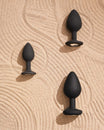

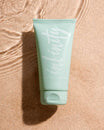






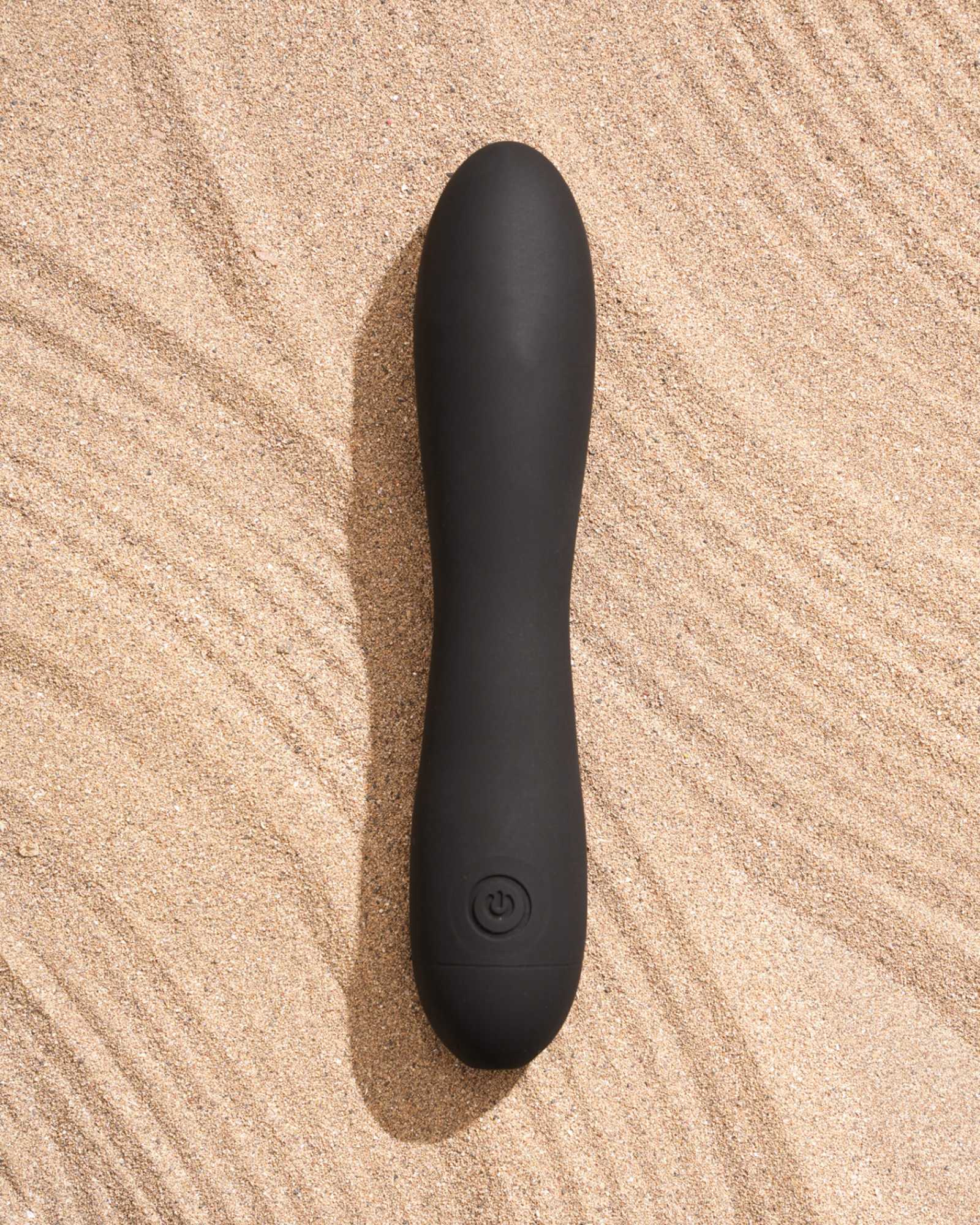
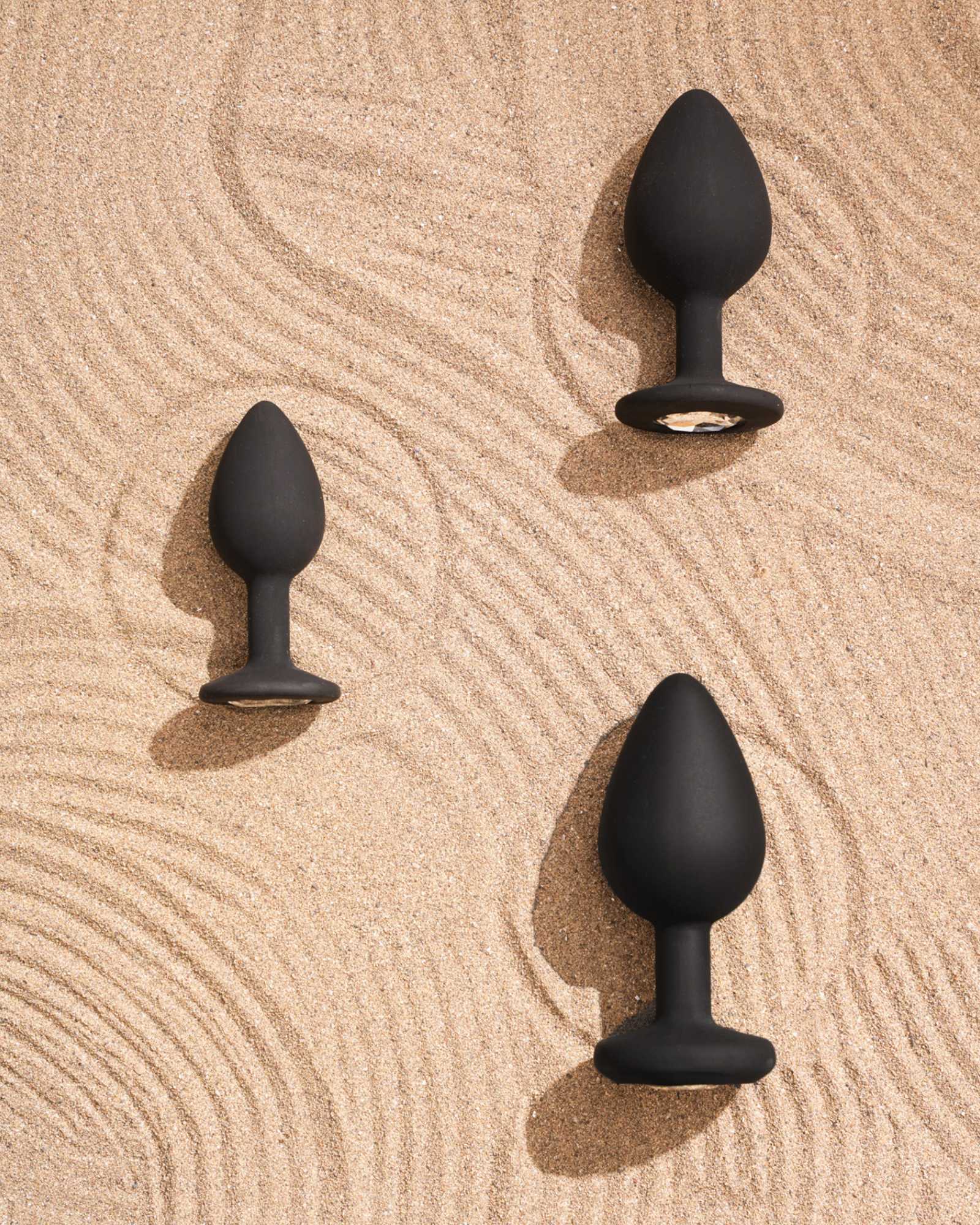
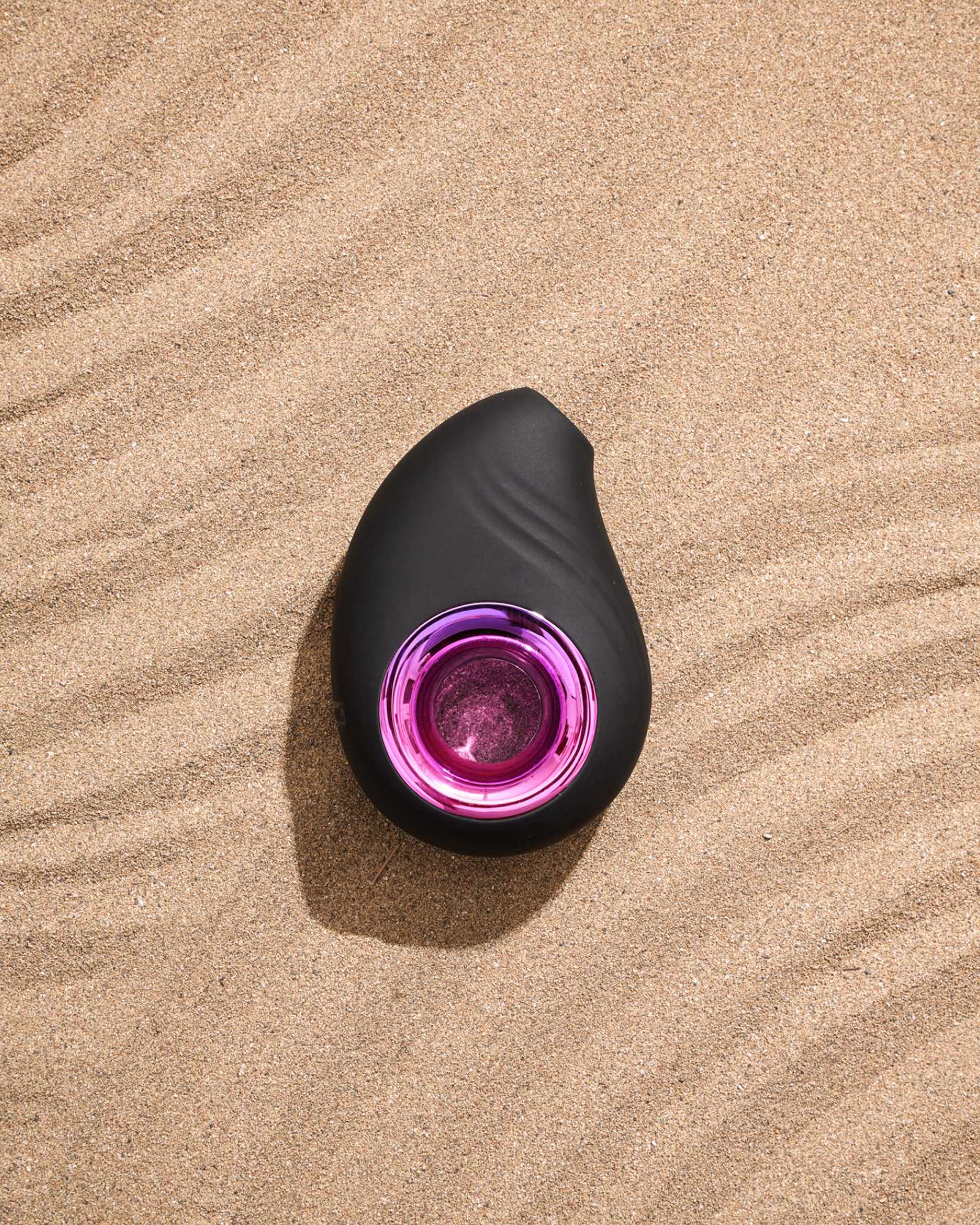
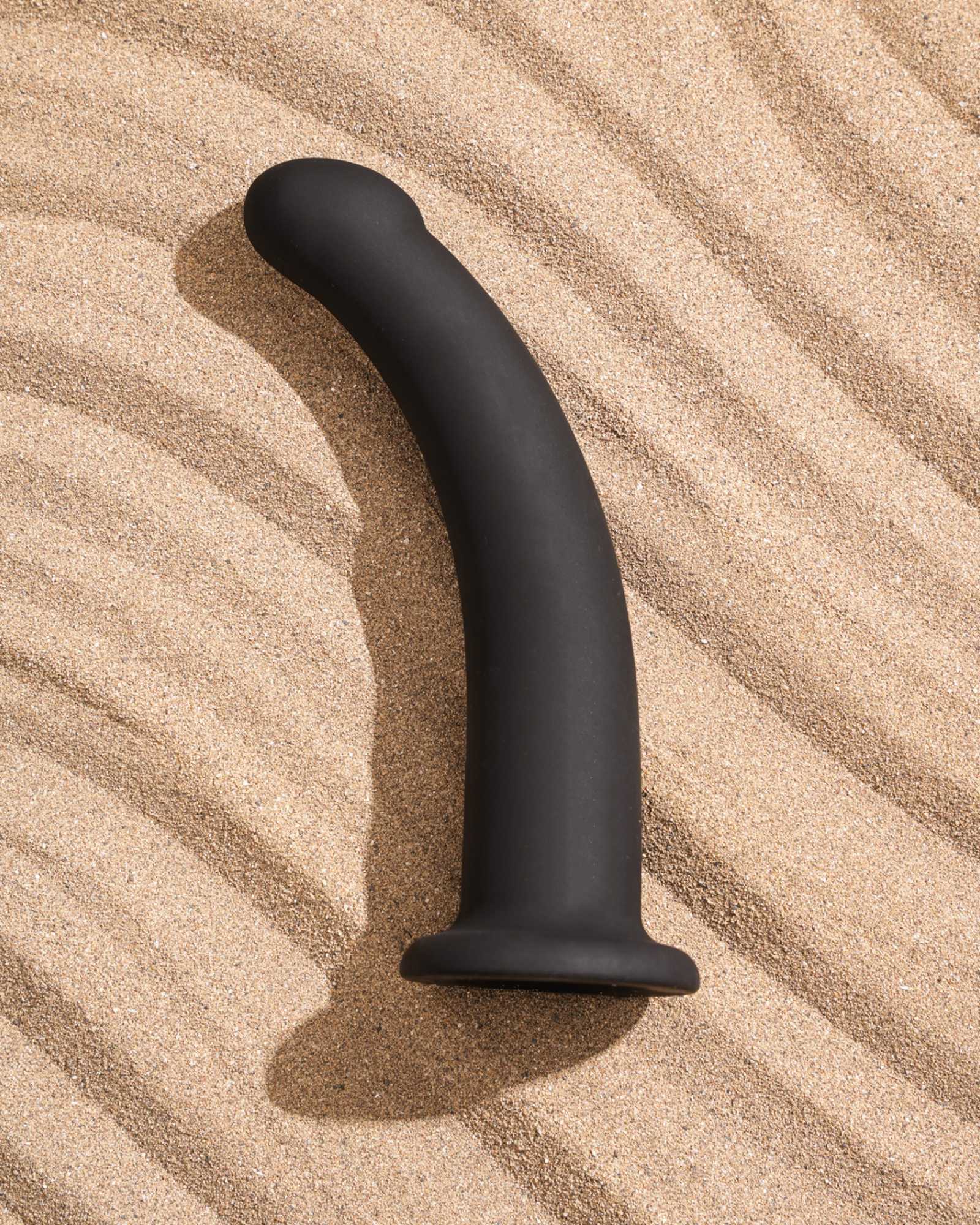
Leave a comment
This site is protected by hCaptcha and the hCaptcha Privacy Policy and Terms of Service apply.